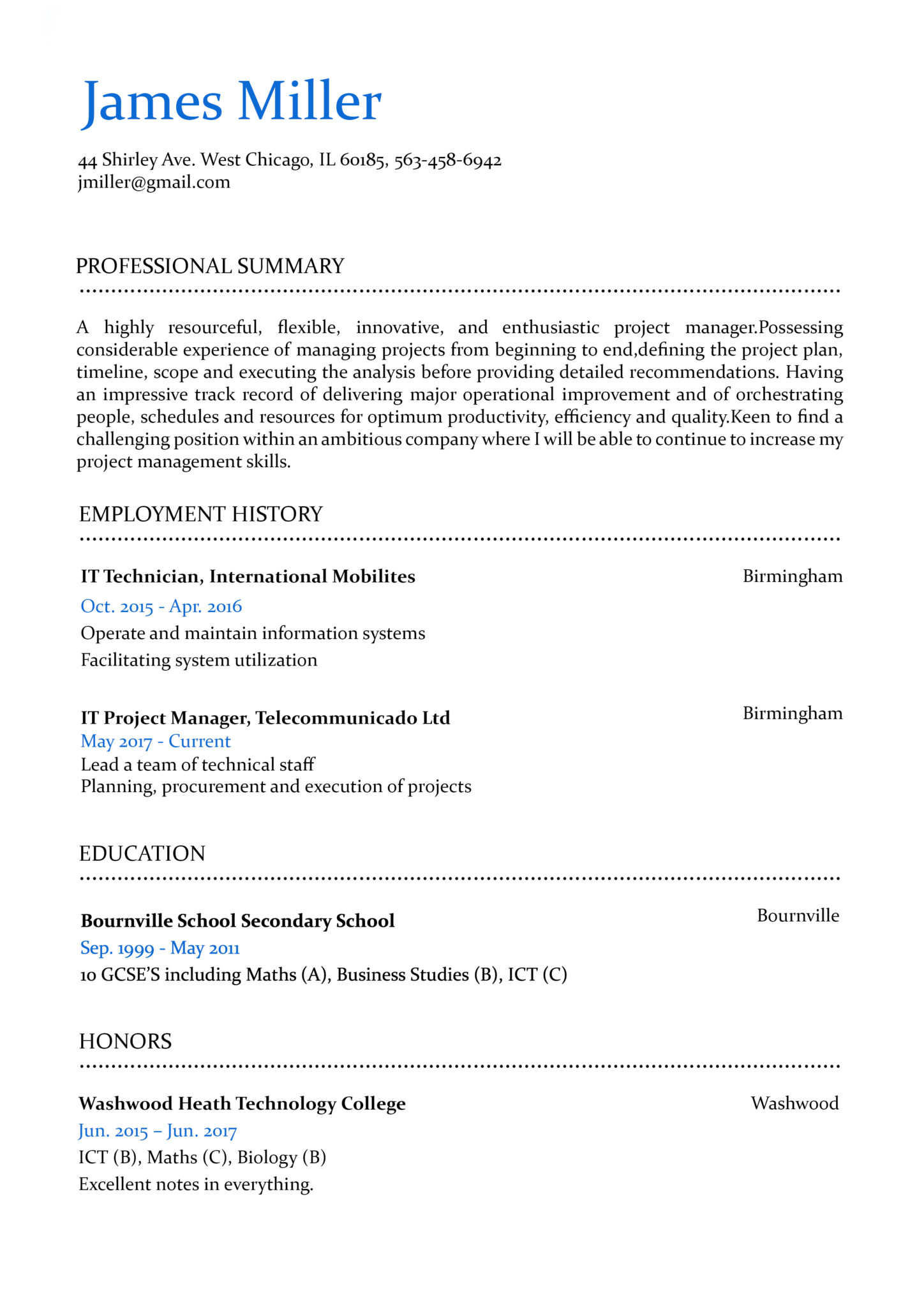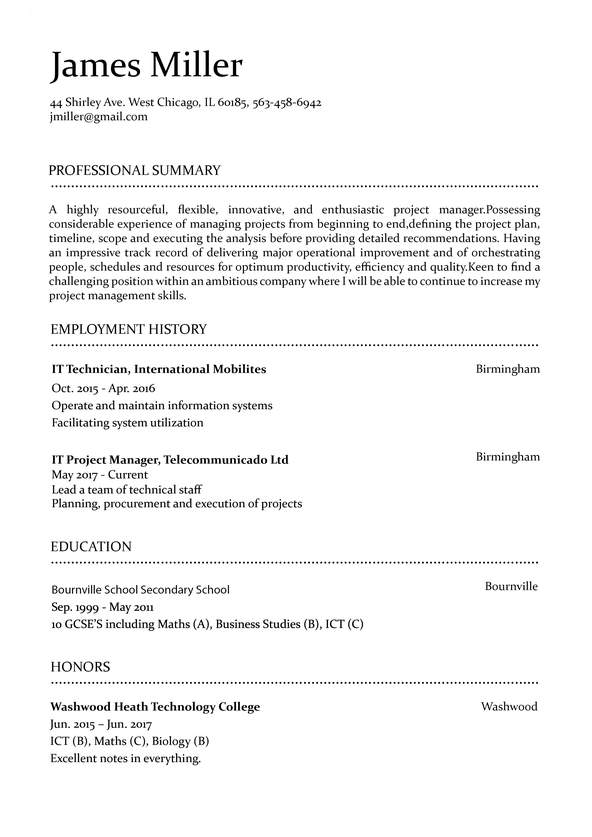Crafting an entry level resumes that effectively showcases your skills, qualifications, and potential is vital when you're just starting your career journey. While you may lack extensive professional experience, highlighting your education, relevant skills, and achievements could make your resume stick out to employers. In this information, we'll explore the important thing components essential for beginner skills for resumemastery, helping you produce a compelling document that opens doors to exciting opportunities.

1. Clear and Professional Header:
Begin your entry-level resume with a definite and professional header that includes your full name, contact information (phone number and email address), and optionally, your LinkedIn profile URL. Ensure these records is straightforward to see and stands apart at the the top of page.
2. Strong Objective or Summary Statement:
Follow the header with a solid objective or summary statement that briefly summarizes your career goals, skills, and what you bring to the table as a candidate. Tailor this section to each job application, highlighting how your background aligns with the position.
3. Education Section:
For entry-level candidates, the education section plays an important role in showcasing your academic achievements and qualifications. Include your degree(s), major(s), graduation date, GPA (if above 3.0), relevant coursework, academic honors, and any extracurricular activities or leadership roles.
4. Relevant Skills:
Incorporate a separate skills section where you list relevant technical skills, software proficiencies, language proficiencies, and any certifications or licenses highly relevant to the career you're applying for. Give attention to skills which are in demand in your industry and align with the work requirements.
5. Experience (Including Internships and Part-Time Jobs):
While you might not have extensive professional experience, include internships, part-time jobs, volunteer work, or relevant projects that demonstrate your skills and abilities. Highlight accomplishments, responsibilities, and transferable skills gained from these experiences.
6. Achievements and Accomplishments:
Quantify your achievements whenever we can to provide concrete evidence of your capabilities. Whether it's increasing sales, improving processes, or completing projects before schedule, including numbers, percentages, and other metrics adds credibility to your accomplishments.
7. Extracurricular Activities and Leadership Roles:
Incorporate any relevant extracurricular activities, leadership roles, or involvement in student organizations that report your teamwork, leadership, communication, and organizational skills. Highlight experiences that showcase your ability to take initiative and make a positive impact.
8. Customization for Each Job Application:
Tailor your resume for every single job application by carefully reading the job description and aligning your qualifications with the requirements. Customize your objective or summary statement, skills, and experiences to fit the particular needs of the employer.
9. Professional Formatting and Design:
Decide for a clean, professional, and visually appealing resume format with clear headings, bullet points, and ample white space. Use a legible font and maintain consistency in formatting through the entire document to ensure readability.
10. Proofreading and Editing:
Before submitting your resume, proofread and edit it carefully for just about any errors in grammar, spelling, or formatting. Ask a buddy, relative, or mentor to examine your resume for feedback and ideas for improvement.

Conclusion:
Mastering the art of crafting an entry-level resume requires awareness of detail, strategic thinking, and a focus on highlighting your strengths and potential. By incorporating the main element components outlined in this article – including an obvious header, strong objective or summary statement, education, relevant skills, experience, achievements, and customization for each job application – you can create a compelling resume that impresses employers and opens doors to exciting career opportunities. Follow these key components for entry-level resume mastery and set yourself on the path to success in your career journey.
